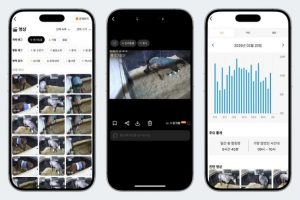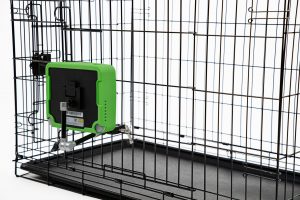Researchers in Tanzania can now determine if a dog was vaccinated for the rabies virus with a cellphone camera image.
The research team, based out of Washington State University’s Paul G. Allen School for Global Animal Health, is working with PiP My Pet, a company that developed a mobile application that uses facial recognition to reunite lost pets with their owners.
The only twist; rather than locate the lost, the company designed a new app to track which dogs were vaccinated for the rabies virus, and more importantly, which dogs still require the vaccine.
The app is currently being rolled out in a series of field trials as part of the National Institute of Health’s vaccination trial in the Mara region of Tanzania. The trial, which will provide the first mass dog vaccination against rabies in the region, began this year and is aiming to test the efficacy of two delivery strategies: the first, uses teams of vaccinators in vehicles to visit each village in turn, whilst the second uses village-based vaccinators to deliver mass vaccination of dogs.
“This technology means we don’t have to insert expensive microchips to identify each vaccinated dog,” explains Felix Lankester, director of WSU’s Rabies Free Tanzania program. “It saves us time and money, both very important commodities in our mission to eliminate human rabies in East Africa.”
Each microchip costs about $1 US, which quickly adds up when you consider WSU’s rabies elimination campaign vaccinated more than 275,000 dogs in 2019 in Kenya and Tanzania. The effort is now nearing 2 million vaccinations.
Lire la suite: news.wsu.edu






